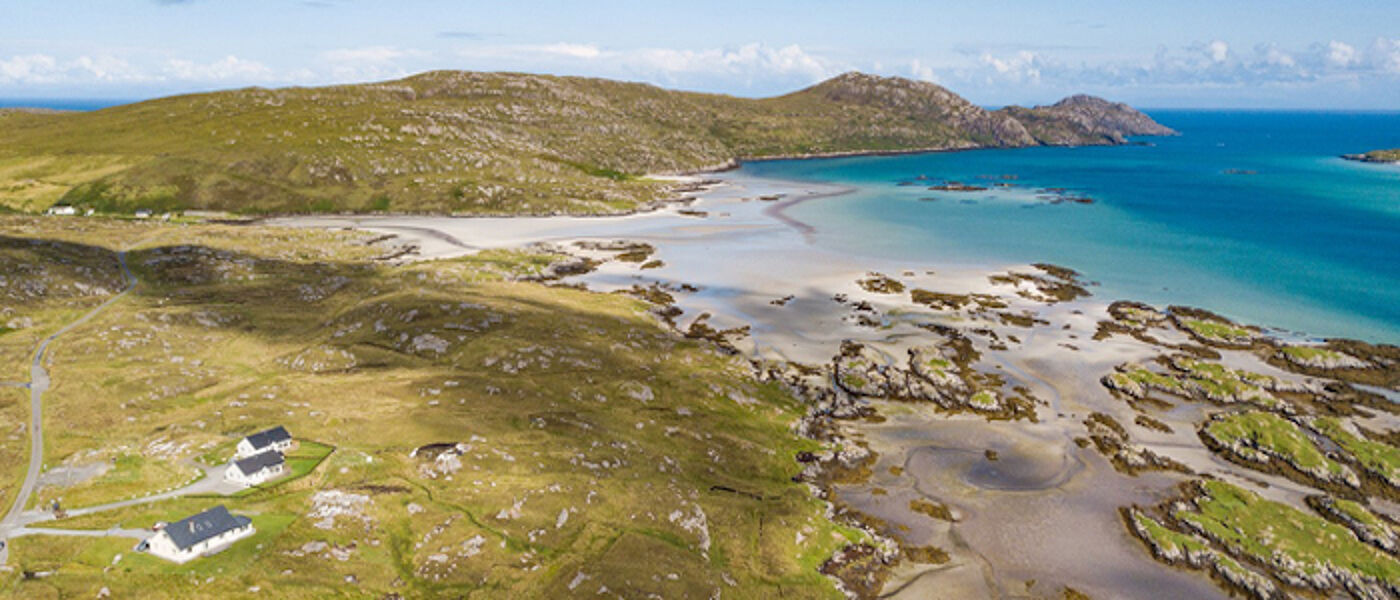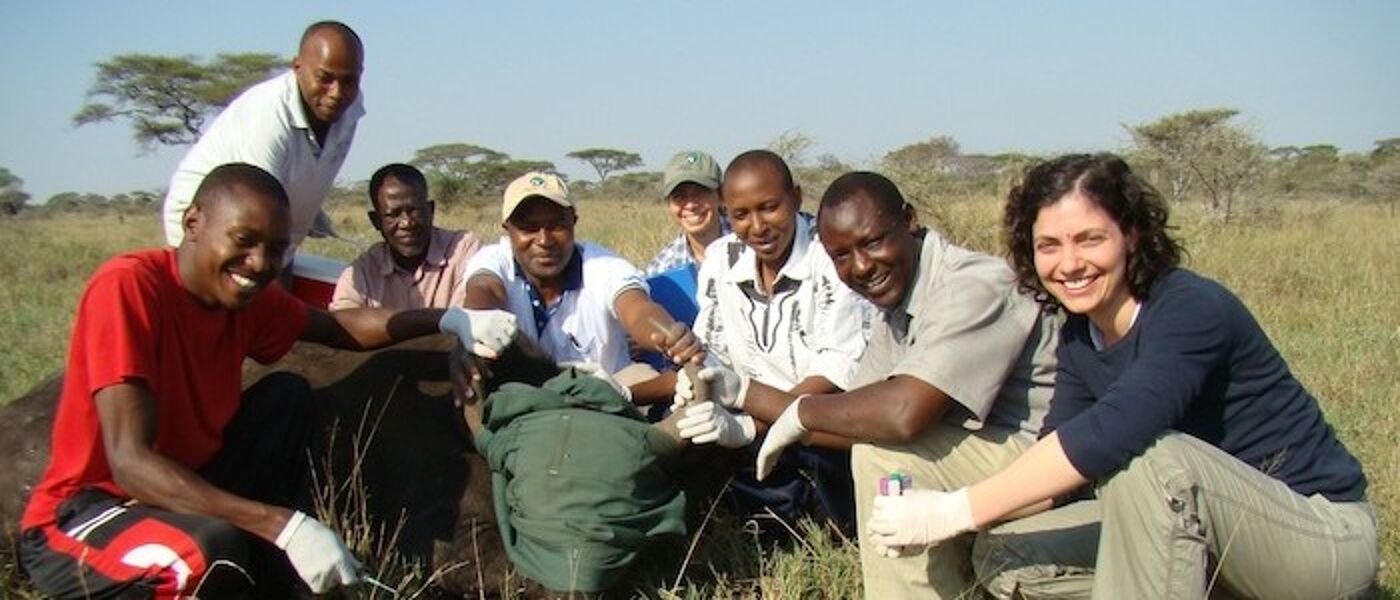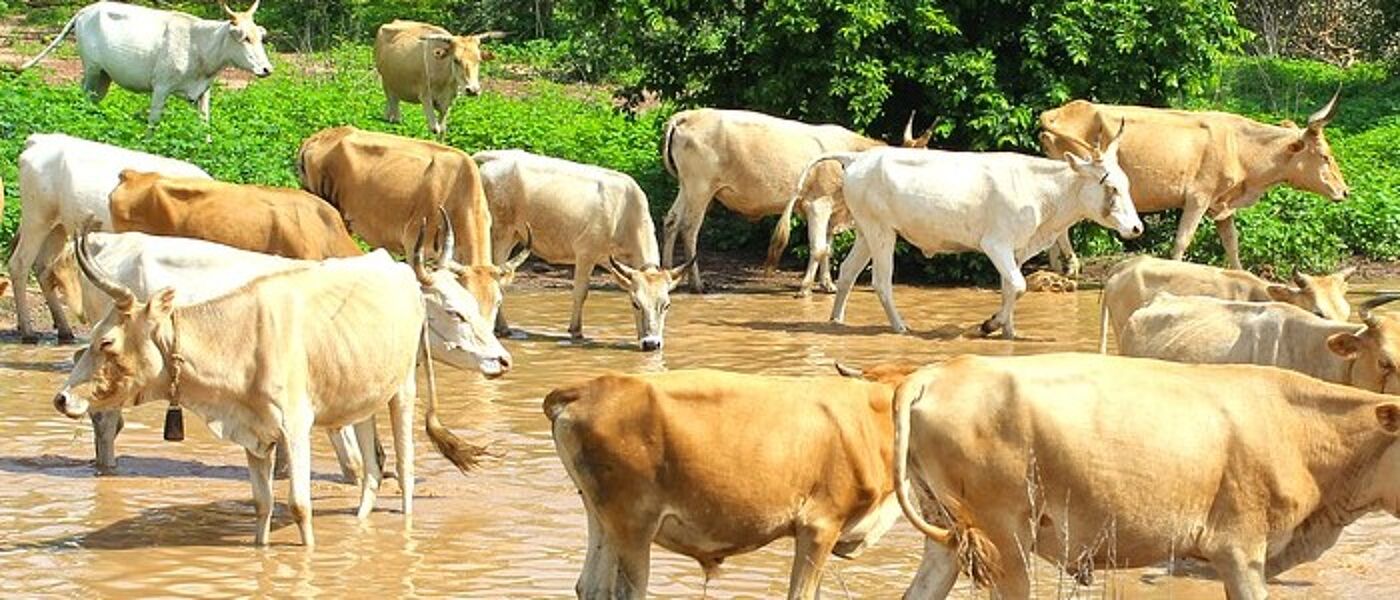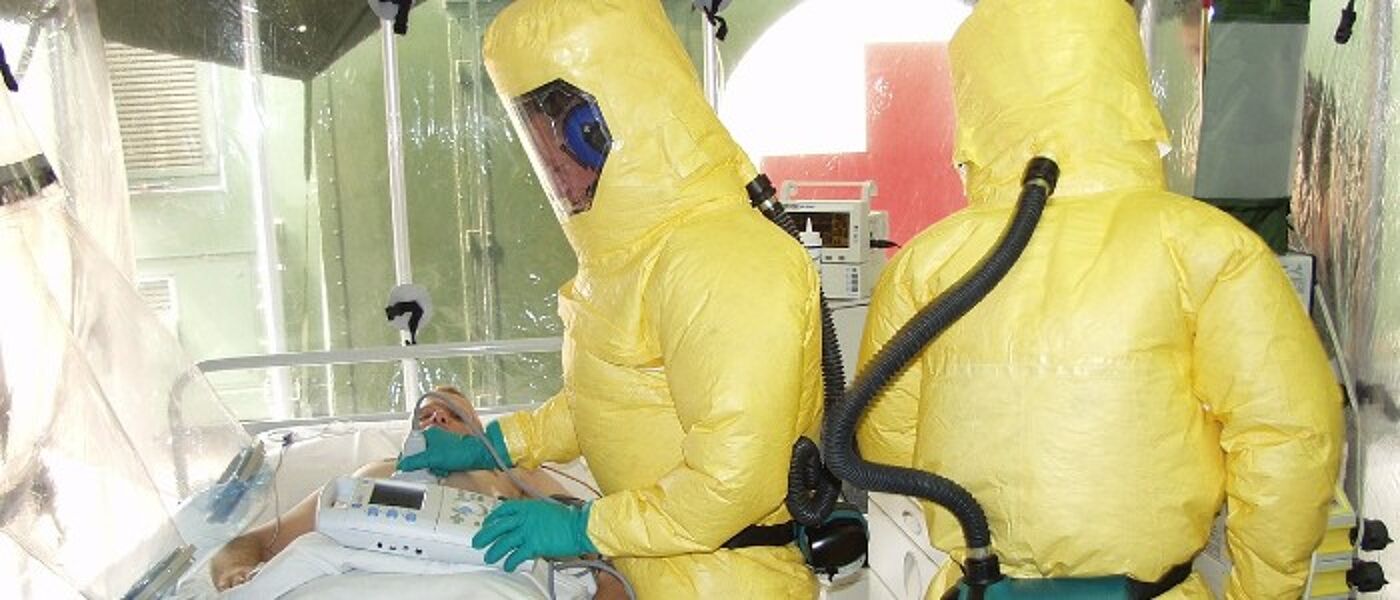
Lyme Disease in the Scottish Western Isles

Capacity Strengthening Projects in Africa
IBAHCM researchers are helping to strengthen African-led projects

Improving Surveillance of Anthrax in Africa

Improving disease surveillance

Genetic management plan for captive African wild dogs
Fri, 11 Jul 2014 01:17:00 BST

Assessing the impact of marine renewable energy on seabirds
Fri, 11 Jul 2014 01:20:00 BST

Development of life-saving control strategies to eliminate rabies in Bali
Wed, 02 Jul 2014 10:17:00 BST

International policy and strategies in rabies control
Wed, 02 Jul 2014 10:24:00 BST

Supporting the National Action Plan for Anti-Microbial Resistance in Tanzania
Thu, 21 Jan 2021 15:59:00 GMT



















